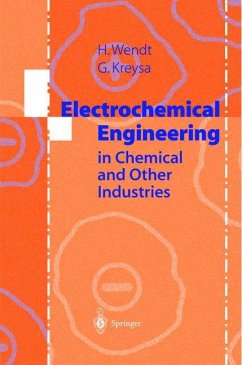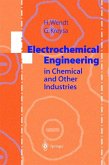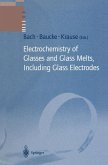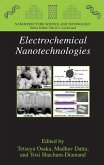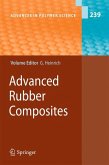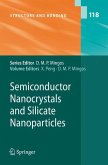Electrochemical Engineering sounds very much like chemical engineering, but the chemists, electro chemists, material scientists and whoever else comes into touch with technical electrochemical systems very soon gets the feeling, that chemical engineering wisdom will not get them very far in enhancing their un derstanding and helping them to solve their problems with technical electro chemical devices. Indeed not only the appearance of but also the physics and physical chemistry in electrochemical reactors - electrolyzers, batteries or fuel cells and others - are quite different from that of normal chemical reactors. Next to interfacial charge transfer and current density distributions is the relatively high importance of mass transfer and its hindrance in liquid electrolytes which distinguishes electrolyzers from chemical reactors. Therefore electrochemical engineering science became a science branch which at first developed with little reference to chemical engineering treating the relevant topics on a high mathe maticallevel. This has led to a certain perfection, which today - in principl- allows us to model almost any desired electrolyzer or cell configuration with nu merical methods to a degree and precision which satisfies the highest demands. This is classical chemical engineering stuff, which, however, neglects the chem ical side of electrochemical technology.
Bitte wählen Sie Ihr Anliegen aus.
Rechnungen
Retourenschein anfordern
Bestellstatus
Storno

